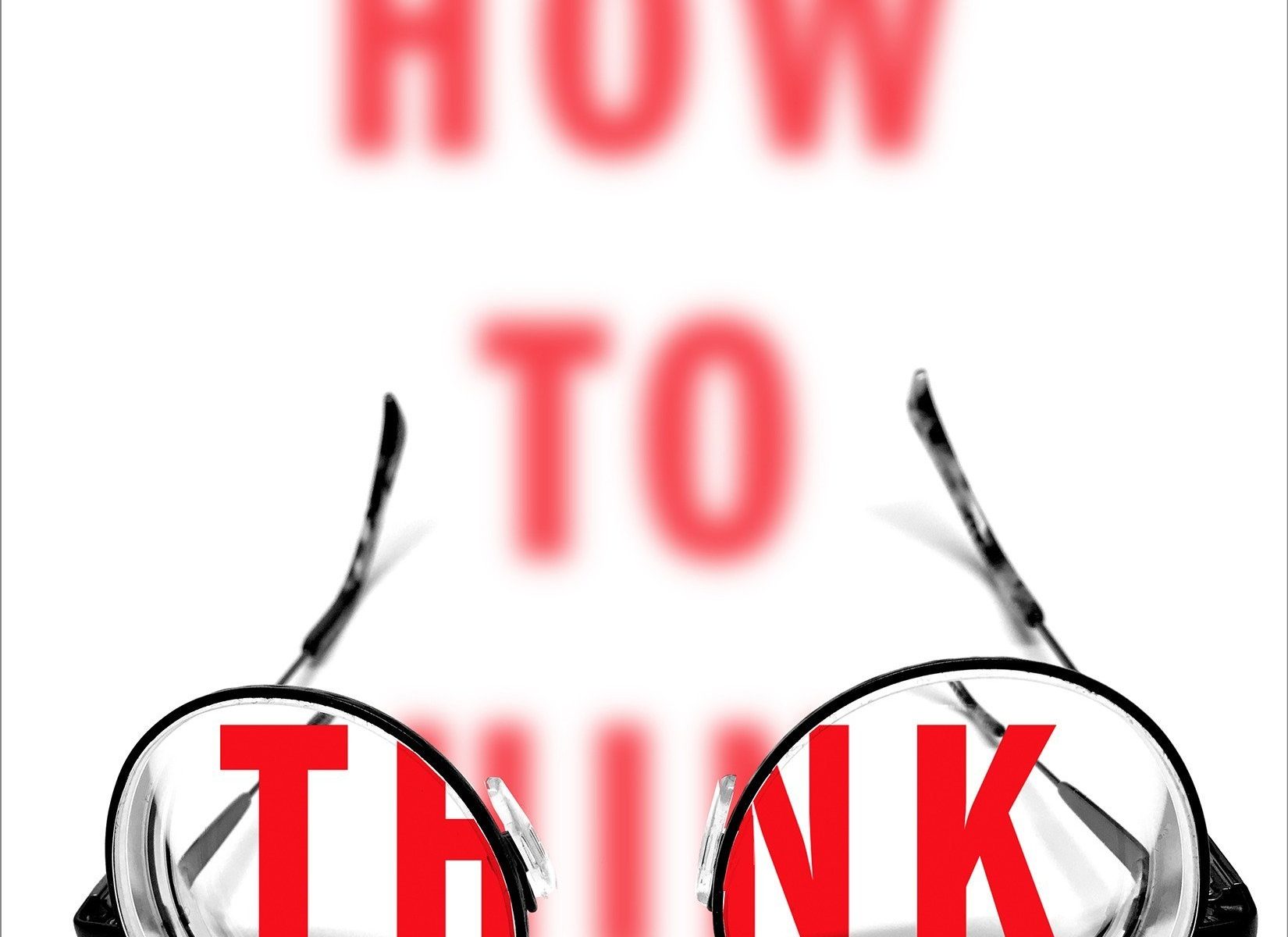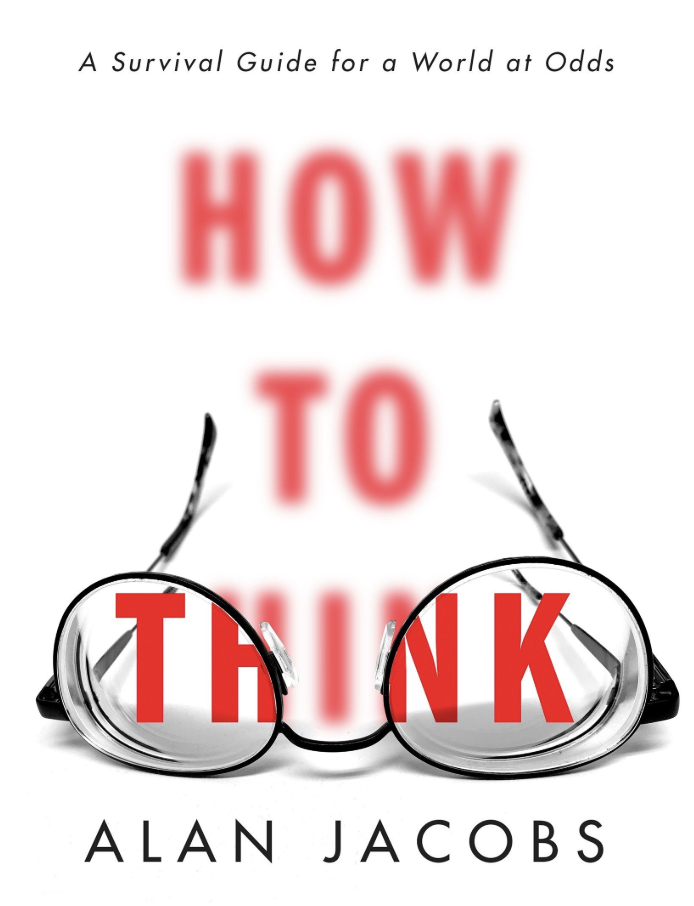“…always learning and never able to arrive at a knowledge of the truth.”
II Timothy 3:7
In his list of the evil attributes of people in the last days, Paul includes this stinging indictment. It’s a poignant one for anyone involved in education.
Two things strike me.
First, it’s possible to learn and not have truth as that learning’s object. The learning is real. It just doesn’t go where it should.
Second, the destination does matter. It’s not just about the journey or process of learning. If I keep gathering knowledge but don’t care about how what I’ve learned connects to the truth, my learning is a distraction.
As the semester nears, I want my students to learn but I am desperate for them to know the truth of God’s love, grace, mercy, and justice. I pray that my own educational ventures will be focused on truth and that in living this out, I will be better able to teach my students to do this as well.


